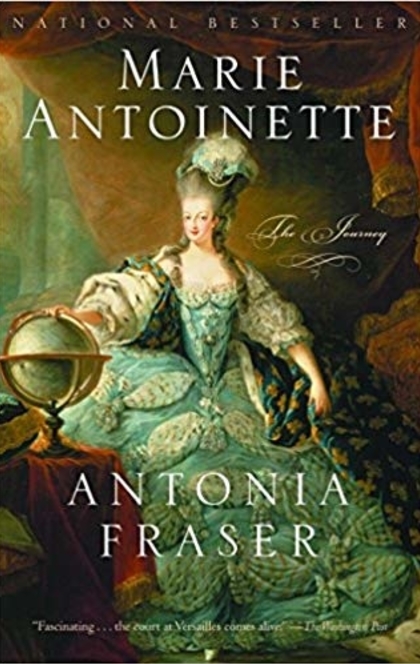Marie Antoinette
Updated:
7 Sep 2020
Famously known as the eighteenth-century French queen whose excesses have become legend, Marie Antoinette was blamed for instigating the French Revolution. But the story of her journey begun as a fourteen-year-old sent from Vienna to marry the future Louis XVI to her courageous defense before she was sent to the guillotine reveals a woman of greater complexity and character than we have previously understood. We stand beside Marie Antoinette and witness the drama of her life as she becomes a scapegoat of the Ancien Regime when her faults were minor in comparison to the punishments inflicted on her. The youngest daughter, fifteenth out of sixteen children, of Austrian empress Maria Teresa and Francis I, Marie Antoinette was sent on a literal journey by her mother from Vienna to Versailles with the expectation that she would further Austrian interests at all times. Yet, Marie Antoinette was by nature far from interested in state affairs and much more inclined to exert a gracious, philanthropic role, patronizing the arts especially music, as royalty would come to behave in the nineteenth century. Despite this the French accused her of political interference and wrote scandalous tracts against her, mocking her lack of sophistication. Meanwhile, longing for a family and the birth of an heir who would have cemented the Franco-Austro alliance, the French queen had to endure more than eight years of public humiliation for her barren marriage before the delivery of her first of four children. As these problems unfold, Antonia Fraser also weaves a richly detailed account of Marie Antoinette's other, more poignant journey: from the ill-educated and unprepared girl who sought refuge in pleasure as a consolation into a magnificent, courageous woman who defied her enemies at her trial with consummate intelligence, arousing the admiration of even the most hostile revolutionaries. Brilliantly written, Marie Antoinette is a work of impeccable scholarship. Drawing on a wealth of family letters and other archival materials, Antonia Fraser successfully avoids the hagiography of some of the French queen's admirers and the misogyny of many of her critics. The result is an utterly riveting and intensely moving book by one of our finest biographers.




